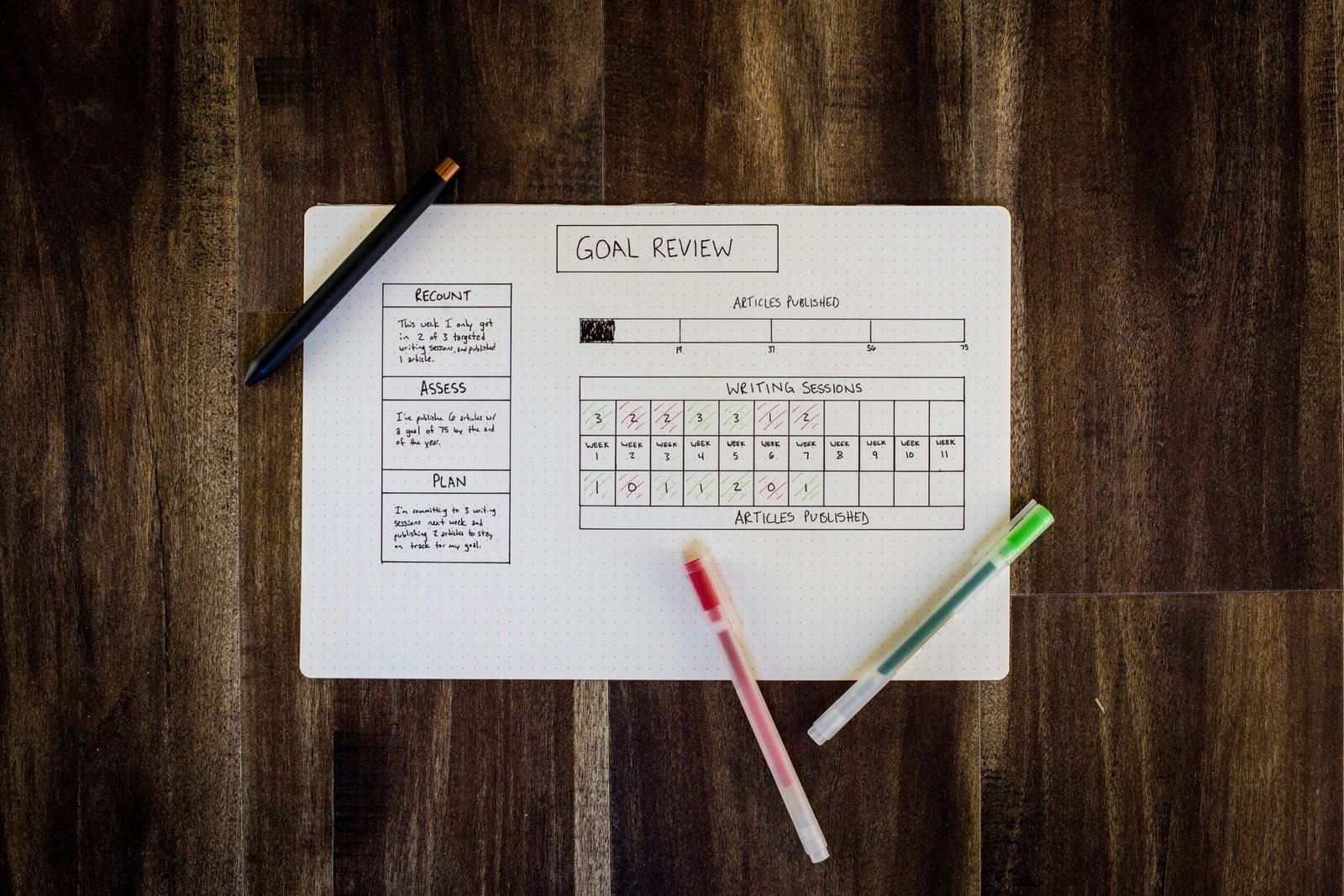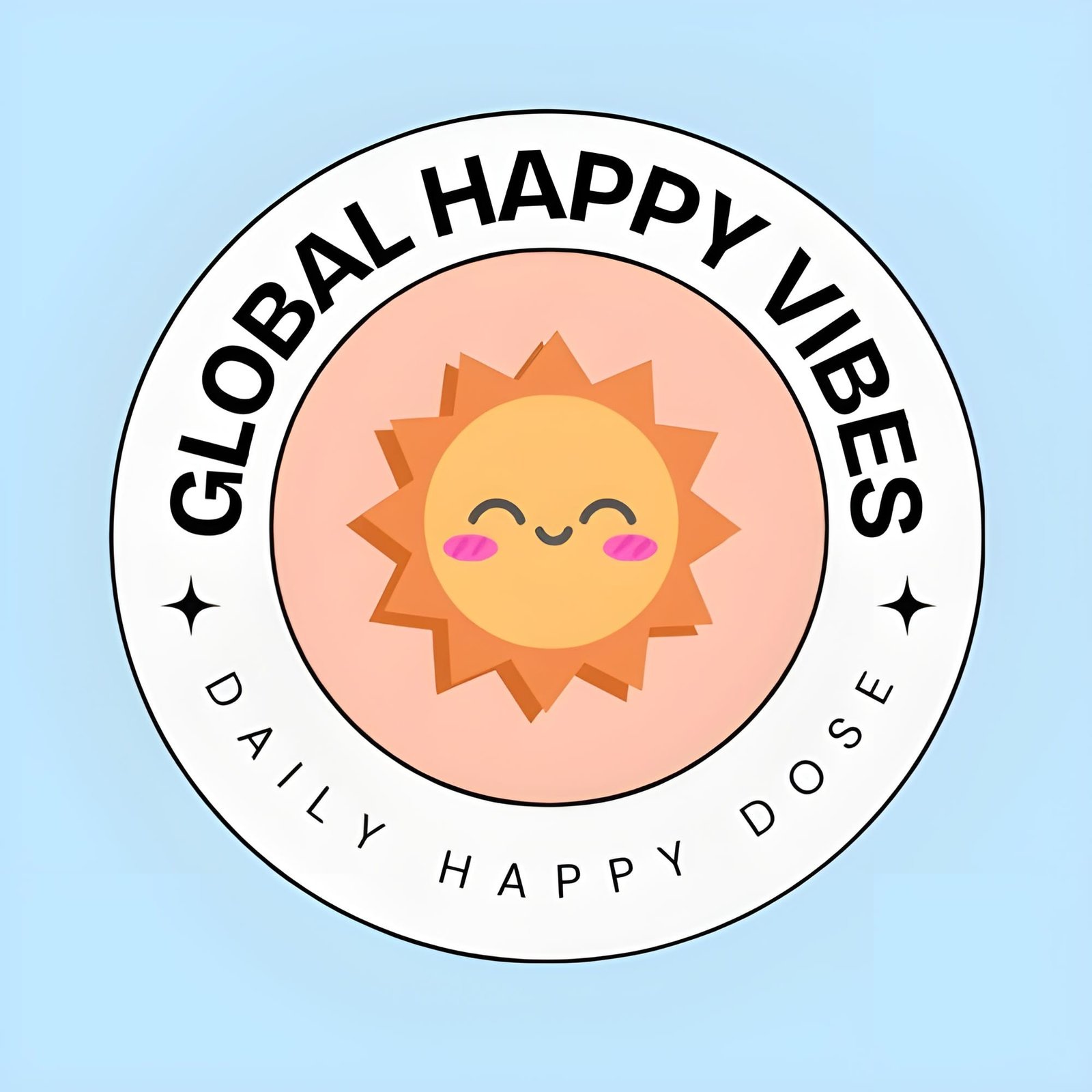Not All Stress is Bad: Understanding Distress vs. Eustress
Stress is something we all experience. It’s just part of being human. But have you ever noticed how some stress feels heavy and draining, while other kinds can feel… oddly energizing? That’s because not all stress is created equal.
There’s distress, the kind that drags us down. Then there’s eustress, the kind that lifts us up, nudges us forward, and makes us feel alive in the best way. Understanding the difference between the two can completely shift how you handle life’s everyday challenges.
Let’s Start with the Tough One: Distress
Distress is what most of us think of when we hear the word “stress.” It’s the mental clutter that shows up when life feels like too much: too fast, too loud, too heavy. Whether it’s money worries, a never-ending to-do list, or feeling emotionally tapped out, distress is the kind of stress that overwhelms you and leaves you spinning.
It’s the “I can’t handle one more thing” kind of stress.
Your heart might race. Your sleep might suffer. You may feel anxious, irritable, or just emotionally drained. And when distress becomes chronic, it doesn’t just impact your mood—it affects your body too. Fatigue, burnout, and even a weakened immune system can sneak in when you’re stuck in a constant state of distress.
From a more specific standpoint, distress is a negative form of stress that can lead to anxiety, overwhelm, and helplessness. When faced with distressful circumstances, you can experience various psychological and physiological symptoms, such as increased heart rate, elevated blood pressure, and heightened anxiety levels. Chronic exposure to distress can result in significant health problems, including mental health disorders, weakened immune function, and burnout.
Now for the Good Kind: Eustress
On the flip side, there’s eustress. Think of it as positive stress. It’s what you feel when something excites you, like starting a new job, prepping for a fun trip, launching a creative project, or even stepping up for a new challenge. It serves to motivate you and enhance your performance.
Eustress is that motivating buzz in your chest, the flutter of nervous excitement that actually feels good. It’s not about being overwhelmed, it’s about being stretched in a way that helps you grow. It gives you just enough pressure to stay alert, focused, and even joyful.
You might be thinking, “Wait… stress can make me happy?” And honestly? Yes, when it’s the right kind. From a more specific standpoint, eustress contributes to feelings of fulfillment and accomplishment, often leading to personal growth and improved well-being. The physiological responses associated with eustress may include reduced fatigue, improved attention, emotional balance, and rational thoughts, all of which can foster resilience and vitality. Furthermore, eustress also enhances overall life satisfaction.
Why It Matters to Know the Difference
Recognizing the type of stress you’re dealing with is powerful for understanding how stress influences our daily lives. It gives you a way to respond more intentionally rather than getting swept away in emotion. Distress often makes us feel stuck or like we’re drowning in responsibilities. Eustress, on the other hand, helps us rise to the occasion.
The same event could trigger either one—it all depends on your mindset and your bandwidth. Starting a new job could feel terrifying or thrilling. Public speaking might make you want to disappear or might give you a spark of adrenaline and purpose.
This foundational understanding allows one to navigate stressors with resilience and adaptability, ultimately leading to a more fulfilling life. When you can tell the difference, you can meet yourself where you are, and that’s when real growth starts.
The Hidden Superpowers of Eustress

Let’s give eustress the spotlight it deserves. Here’s what makes this kind of stress actually good for you:
It sharpens your focus. That pressure you feel before an exciting deadline? That’s eustress helping you zero in. It’s like your brain turns up the clarity dial when something important is on the line.
It fuels your energy. Unlike distress, which leaves you drained, eustress gives you a boost. You feel more alert, creative, and ready to go.
It builds resilience. Every time you navigate something new, step into the unknown, or challenge yourself, and it goes well, you build confidence. You prove to yourself that you can handle hard (and exciting) things.
It brings joy. Yes, really. Working hard toward something meaningful, even if it’s stressful in the moment, can leave you feeling proud, accomplished, and genuinely happy.
The Heavy Cost of Distress
Distress is a whole different story.
When it sticks around too long or shows up too often, it wears us down. It’s harder to think clearly. Motivation fades. We start snapping at people we care about, or isolating ourselves completely. Our bodies feel it too, with headaches, tension, poor sleep, and even illness.
Distress tells us we’re under too much pressure without enough support. That’s when it becomes more than just a bad day. It turns into burnout, anxiety, and mental fatigue that doesn’t just go away on its own.
Harnessing Eustress in Daily Life

How Do You Invite More Eustress Into Your Life?
You can’t control every stressor that comes your way, but you can build a relationship with stress that feels healthier and more empowering. Here are a few ways to lean into eustress and gently steer away from distress:
🌱 Set Small, Achievable Goals
There’s something magical about setting a goal that excites you and feels totally doable. Whether it’s walking 10 minutes a day, learning to knit, or finally organizing that junk drawer, setting mini goals keeps you moving forward.
✨ Try Something New
New experiences shake up your routine in the best way. They don’t have to be huge! Try a new recipe, pick up a hobby, or sign up for a class that’s always intrigued you. Eustress lives in that flutter of uncertainty.
💬 Reframe the Narrative
Sometimes, a stressful situation just needs a new lens. Instead of thinking “This is way too much,” ask yourself, “What could this teach me?” It’s a small shift that can completely change your experience.
🌿 Practice Mindfulness
Even five minutes of mindful breathing, journaling, or stretching can help you stay grounded. The more in tune you are with your body and mind, the easier it is to recognize when stress is tipping from helpful to harmful.
🏃♀️ Move Your Body
You don’t have to run a marathon to feel better. A walk around the block, a dance break in the kitchen, or some gentle stretching can help you burn off tension and boost those happy hormones.
🕰 Manage Your Time (But Be Kind to Yourself)
Creating structure in your day can reduce the chaos that often leads to distress. Just remember to build in rest too! You’re not a robot.
Maximizing Happiness Through Eustress

Eustress plays a critical role in fostering happiness and . Unlike distress, which can sap motivation and lead to adverse health outcomes, eustress promotes resilience and encourages individuals to embrace challenges with a constructive mindset. When individuals begin to recognize and welcome eustress, they unlock a pathway to personal growth and fulfillment.
Final Thoughts: Let Stress Be Your Ally
Stress is part of life. It’s not something we can (or should) completely eliminate. But when we understand it better, when we can tell the difference between distress and eustress, we give ourselves a chance to take control of the narrative.
Eustress is your reminder that not all pressure is bad. Some of it can fuel you, shape you, and help you become the version of yourself you’re working toward. It doesn’t have to feel heavy. It can feel meaningful, exciting, even fun!
So the next time stress knocks on your door, pause and ask yourself: Is this helping me grow? Or is it weighing me down? Let that answer guide your next step.
Disclaimer: Content related to journaling, meditation, or emotional well-being is intended for informational and inspirational purposes only. It does not replace professional mental health care, therapy, or counseling. If you are struggling with mental health issues, please seek help from a licensed mental health professional.

